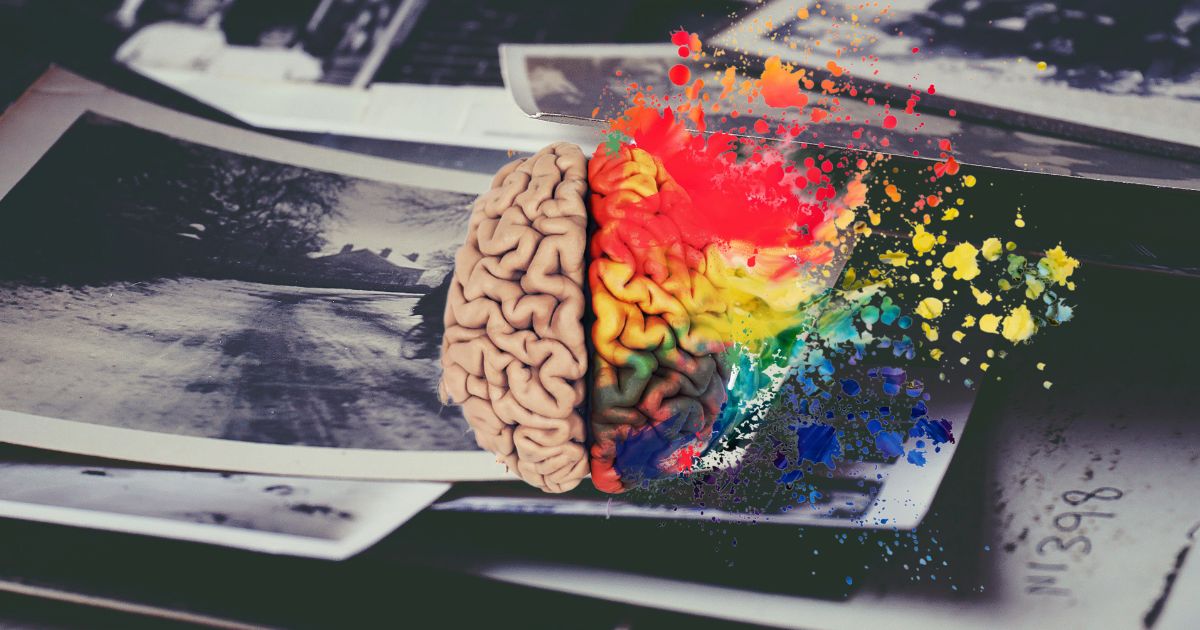Researchers may have found a way to reverse memory loss in athletes who have experienced repetitive head injuries.
A new study, by researchers at Georgetown University Medical Center in collaboration with Trinity College, Dublin highlights the fact that memory loss attributed to head injury is not a permanent pathological event driven by neurodegenerative disease.
The amnesia is actually due to inadequate reactivation of neurons involved in forming memories.
Previous research from Georgetown University Medical Center found that the brain adapts to repeated head impacts by changing the way the synapses in the brain operate. This can cause difficulty in forming new memories and remembering existing memories.
In the new study, investigators were able to trigger mice to remember memories that had been forgotten due to head impacts, indicating that they could potentially clinically reverse cognitive impairment caused by head impact.
Reversing memory loss in mice
College American football players receive on average 21 head impacts per week with defensive ends receiving 41 head impacts per week.
The number of head impacts to rodents in the study were designed to mimic a week of exposure for a college football player, and each single head impact by itself was extraordinarily mild.
Using genetically modified mice, researchers were able to see the neurons involved in learning new memories and they found that these neurons were present in both the control mice and the experimental mice.
The researchers gave two groups of mice a new memory by training them in a test they had never seen before.
One group was exposed to a high frequency of mild head impacts for one week (similar to contact sport exposure in people) and the other group were controls that didn’t receive the impacts. The impacted rodents were unable to recall the new memory a week later.
However, by using lasers to activate the engram cells, the research team was able to reverse the amnesia to allow the mice to remember the lost memory.
Hope for new treatments
Senior investigator, Mark Burns, PhD is a professor and Vice-Chair in Georgetown’s Department of Neuroscience and director of the Laboratory for Brain Injury and Dementia, said: “Our research gives us hope that we can design treatments to return the head-impact brain to its normal condition and recover cognitive function in humans that have poor memory caused by repeated head impacts.
“Most research in this area has been in human brains with chronic traumatic encephalopathy (CTE), which is a degenerative brain disease found in people with a history of repetitive head impact.
“By contrast, our goal was to understand how the brain changes in response to the low-level head impacts that many young football players regularly experience.”
The researchers used an invasive technique in the study, which is not translatable to humans.
Burns added: “We are currently studying a number of non-invasive techniques to try to communicate to the brain that it is no longer in danger, and to open a window of plasticity that can reset the brain to its former state.”
Find a brain injury expert
Legal teams can use NRC’s Expert Witness Directory to browse a comprehensive list of qualified medical professionals experienced in handling brain injury.

